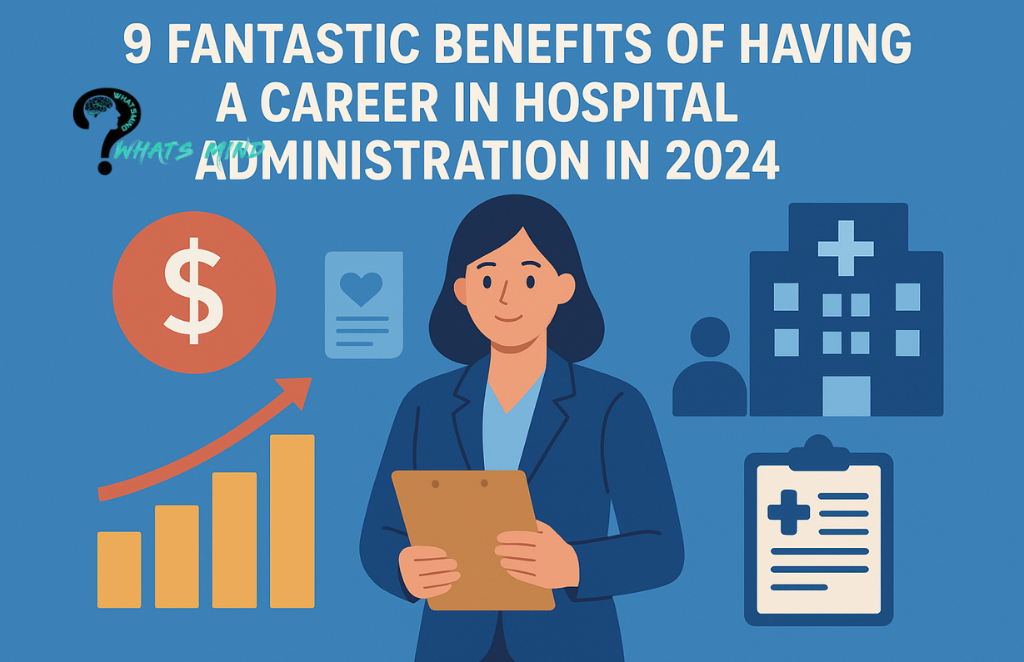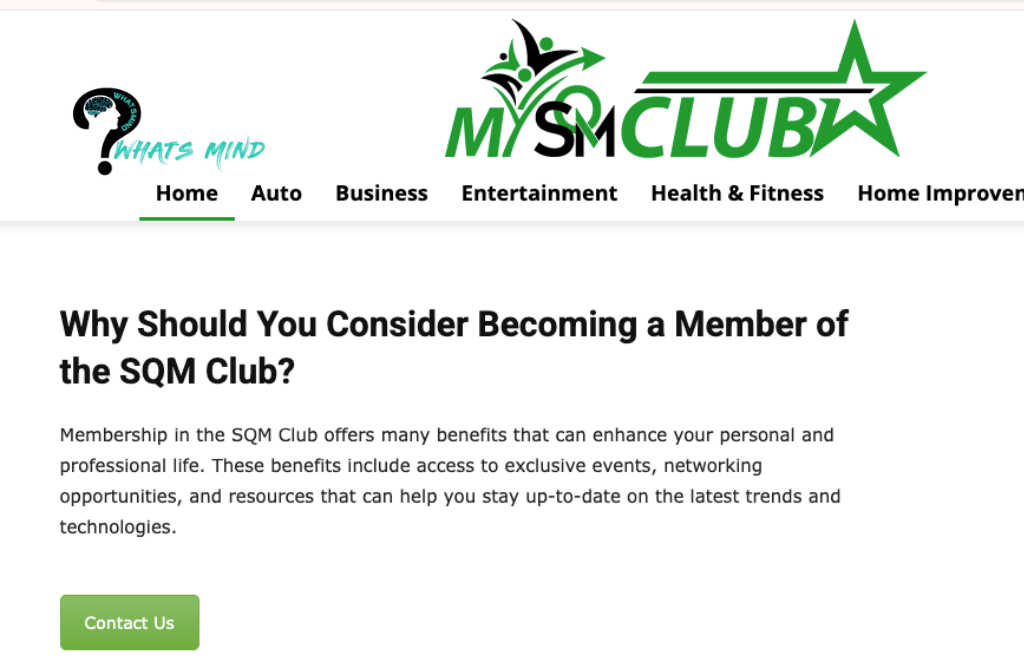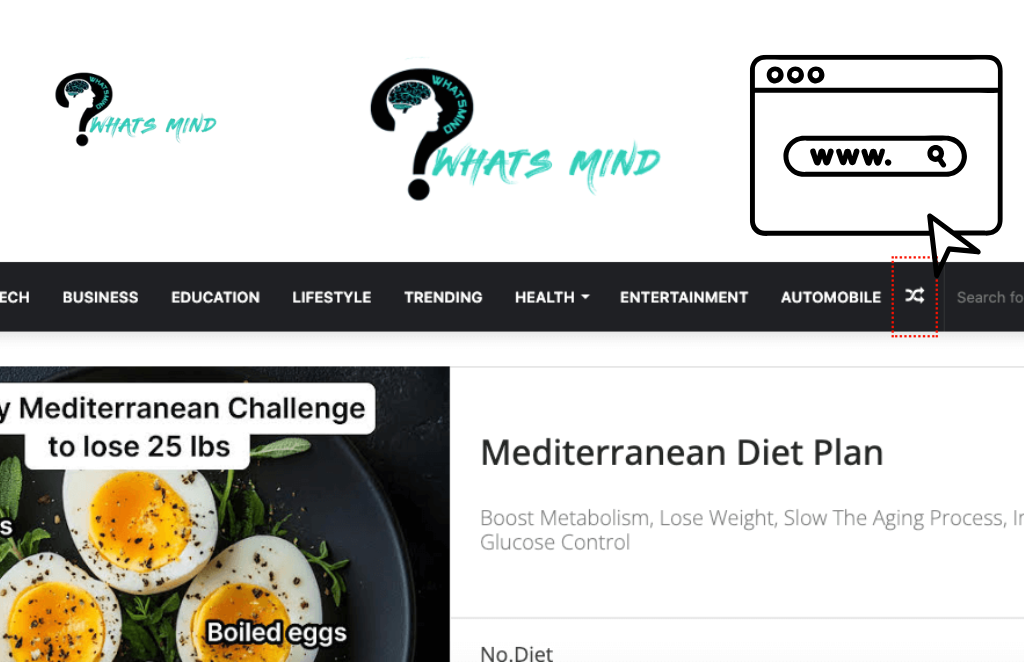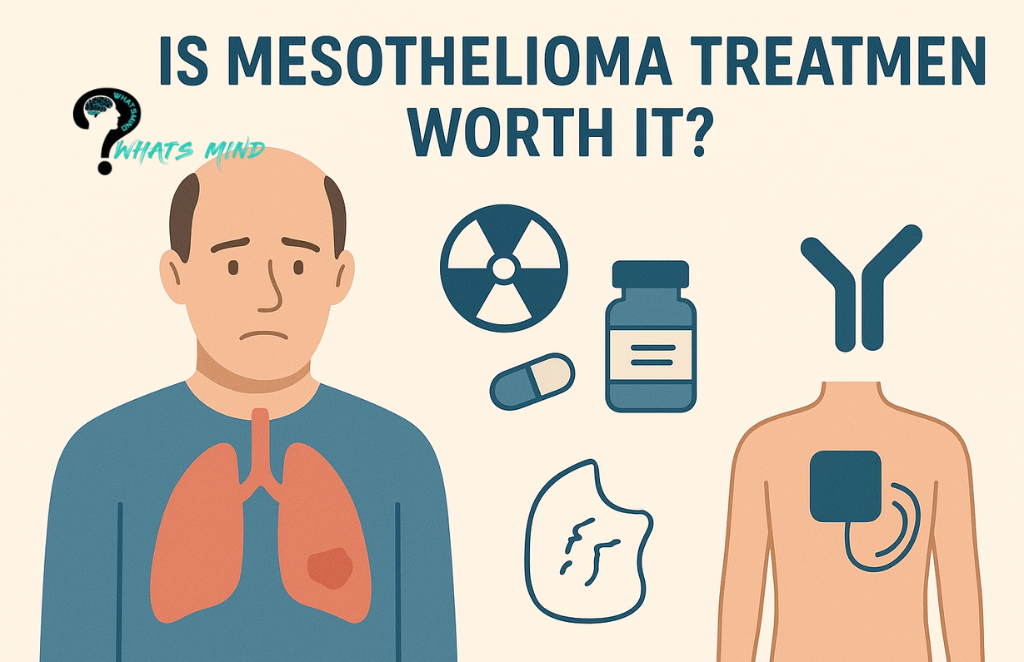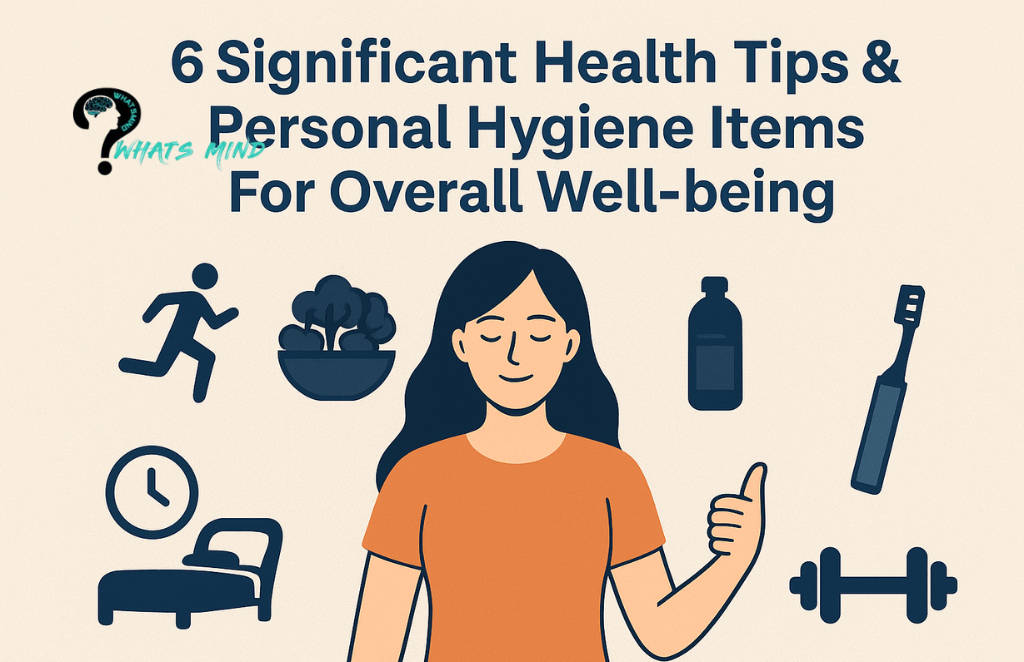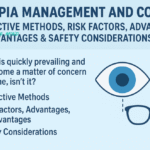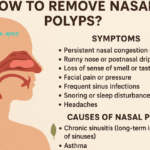With rising inflation, what do we want the most? Our careers are of high income, and having a career in health administration gives us exactly that. Getting a position in this sector isn’t just morally of paramount importance but comes with high income and has been declared as a rewarding career.
The industry is expected to grow in this decade (i.e., 2019-2029) by 2.4 million newly recruited jobs which shows the fastest growth rate compared to all other occupations.
Being involved in this career requires strategic planning, coordination, and implementing medical services in the healthcare sector and boasts this career as a good source of wealth. Besides high salaries, there are diverse career choices in this field with an increased focus on polishing interpersonal and leadership skills.
The optimal healthcare administration is required to effectively treat patients with personalized plans otherwise this critical service will be delayed along with payments getting lost and the patients suffer in the long run.
In this guide, we will learn why pursuing a career in healthcare administration is rewarding, what it is, the responsibilities of a healthcare administrator, and how the system provides various services.
What Is A Hospital Administration?
What does it do? It’s a field centred around healthcare facilities where professionals either take up administrative or managerial positions which mainly includes organising, managing, and monitoring the staff.
The professionals are also assigned to take care of daily activities like patients receiving high-end treatment care, the human resources plans, law and order, and all the financial aspects are properly considered and coordinated so that the process runs seamlessly.
There are several positions that fall into the category of hospital administrators such as patient relation manager, superintendent, floor in charge, front desk coordinator, and receptionist.
Responsibilities of Hospital Administrator
What does the hospital administration demand from its administrator for a flourishing healthcare business? The administrator’s responsibilities are essential to carry out versatile duties so that the system runs smoothly, these roles comprise:
Finance Management: The administrators are tasked with streamlining hospital finance and business practices which involve billing plans, handling budgets, keeping an eye on revenue cycles, and strategizing budget plans. The administrators are further responsible for generating budgets and designing expenses for the provided services.
HR Management: The responsibilities include recruiting, training, and monitoring staff, evaluating employee benefits, and how to keep appropriate labor relations along with conforming to regulatory standards.
Patient-care Management: The hospital administrator keeps records after collecting patient data, works intimately with medical staff and incorporates patient care policies so that the customer’s satisfaction is enhanced and patient care delivery is exceptional in the long run.
Compliance With Laws & Order Policies: In the hospital administration, there is extra attention given to conformance with regulatory policies issued by the government.
Planning & Innovating Plans: It is required by hospital administrators to make new strategies, policies, and procedures to enhance the efficiency regarding patient care.
Other responsibilities include monitoring facility maintenance, effectively managing supply inventories and equipment along keeping an eye on surveillance systems.
Merits of Optimal Hospital Administration
There are certain advantages of having proper hospital administration including streamlined activities, enhanced patient care services, better team performance, and overall greater patient satisfaction. The pros of proper hospital administration are:
Increased Patient Care
The healthcare sector is constantly progressing with advanced technology and additional resources which allows health administrators to discover additional resources to properly manage clinical care, resources, and information systems all tailored to customers’ requirements.

The tools and technologies allow healthcare professionals to better access data and generate personalized treatment plans that better suit patients.
It eventually results in shorter recovery times, improved results, and better quality of life for patients.
Efficient Team Performance
The way businesses are fast-paced, having optimal team performance where all the members work seamlessly and collaboratively promises success.
The smooth workflow ensured by the team has better productivity and efficiency rate.
Keeping proper documentation allows members to get their hands on updated information reducing the risk of miscommunication and general errors.
Properly communicating tasks ensures everyone is on the same page and has an ultimate goal.
Optimal Financial Security
The digital world is heavily reliant on financial security. So the businesses need to put extra care for fiscal strategies to cut short on capital costs and increase revenue for success.
The advanced technology and latest models prevent fraudulent activities, competition is lessened and the financial future of Hospital administration is even in challenging times.
Great Quality Outcomes
As the patient’s data is accurately analysed and decisions are made with evidence. This approach lets professionals identify the loopholes and curate personalized treatment plans for individual patients resulting in better patient outcomes.
Enhanced Patient Satisfaction
In the hospital administration, the patient experience and care must be given utmost attention. The billing services which are usually neglected in hospital administration are a key indicator of success.

If the system is responsive enough it will effectively communicate with patients, resolve recurrent payment problems, and other incentives that will make the patients feel more valued.
9 Benefits of Having A Career In Healthcare Administration
The top benefits of getting a position in healthcare administration comes with a plethora of benefits:
- High Salaries & Competitive Benefits
Pursuing a career in healthcare administration isn’t just a morally great career, but comes with high income potential and competitive merits. Even at the start of its growth era, the net worth of medical and other healthcare managers was $100,980. It’s pretty high when candidates can avail of such positions just after graduating with their bachelor’s.
The additional benefits besides salaries include overall health insurance and paid leave. As an employee in this sector, you will receive tuition assistance and other training to boost your career.
- Multiple Career Options
Have you seen a size that fits all? Well, that’s the example that could be given for healthcare administration, as this sector allows people to pursue their careers in different domains whether it’s HR, finance, information systems, and supply chain along with others considering their career.
You can even get high positions like being a CEO, with different options in fields like emergency care, acute care, telehealth post-acute care, etc.
- Impactful Work
The healthcare administration works to keep the system smooth and seamless in its working and has a huge impact on the quality of care the patients receive. The staff working in this sector are ranked high in both personal satisfaction and adding benefit to the society.
It’s said that healing is the calling with human empathy the calling card for various health organisations which provides meaningful Work and has an empathic purpose in life.
- Strong Leadership Skills
Healthcare administration works constantly to provide its employees with strong leadership skills, even the natural born can take advantage of the training provided.

The program provides facilities to increase their decision-making, communication, and problem-solving skills. The sector encourages mentorship programs to improve team collaboration and hone team-building skills.
- High Work/life Balance
In the ratio conducted of its employability, about 70% of healthcare administrators in the U.S. are women making it a women-friendly career but the admittance of men is also increasing with increased awareness.
But as it is a women-dominated and feminine-driven profession, it has increased the work/life balance that women strive for and gives them high flexibility to work different hours.
- Strong Communication Skills
The healthcare administration gives extra attention to team collaboration and requires efficient communication among close knitted teams.
As an administrator, you will be equipped with strong communication skills to seamlessly deal with insurance companies, patients, and third parties on a daily basis, strengthening your vocal skills.
- Diverse Work Environments
The sector works in labyrinths and is fast-paced, working 24/7 providing a plethora of work settings.
Public health departments also require healthcare administrators to monitor initiatives and carry out seamless healthcare activities. The administrators can even have employment in healthcare clinics, insurance companies, and nursing homes.
The work environment caters to every professional’s needs and provides a flexible working environment.
- Builds Relationship
Healthcare administration isn’t fruitful until people collaboratively come together as a team. Teamwork demands deep-rooted long-lasting relationships among team members.

The sector is working to develop such relationships by taking initiatives that encourage leadership tactics and conflict Resolution, which will negatively impact patient care.
- Multiple Growth Opportunities
Being a part of healthcare administration provides multiple growth opportunities and the field is expected to progress by 32% in the current decade from 2019-2029.
The payroll and the advancements are pretty high which makes it a great career choice.
Health institutions are working incessantly to add fuel to their employees’ growth by investing in them with advanced courses and learning programs.
Bottom-line
In conclusion, healthcare administration is the setting where people from multiple departments like HR, finance, and acute care are all working collaboratively and seamlessly with only one agenda in mind, improved patient care and satisfaction.
The healthcare administrators are assigned to strategies patient-oriented treatment plans, manage the budget, and ensure financial security.
The merits of having a career in this field include competitive payroll, improved leadership, and interpersonal skills, along with diverse working opportunities, impactful Work, and a high work-life balance.
Give it a thorough read to understand fully about this sector and share if you plan to pursue it?
FAQs on Healthcare Administration
What is the highest-paying job in healthcare administration?
The highest paying job in 2024 in this sector is claimed to be Medical Director with an annual salary of USD 228K-425K. They also get additional bonuses, commissions, and profit shares that get as high as 77,700 per year.
What degree is best for healthcare administration?
The best programs either online or on-campus are MPH programs which are focused on epidemiology and community health, however, for healthcare administration, an MHA is recommended.
You may like to read about the following:
- How To Lower Blood Pressure? 12 Useful and Healthy Tips
- Russian Sleep Experiment: Detailed Story, Outcomes, Authenticity, Sleep Interval
- Dark Side Of Epidural Steroid Injection: How It Works, Possible Complications, Risk Prevention
For more information, visit Whatsmind.com

